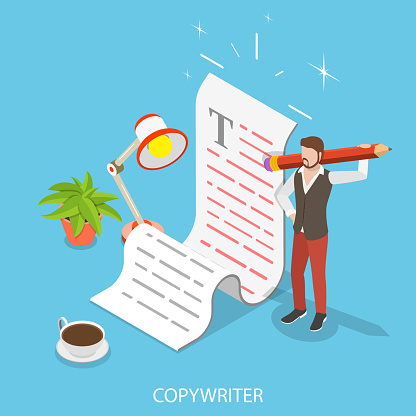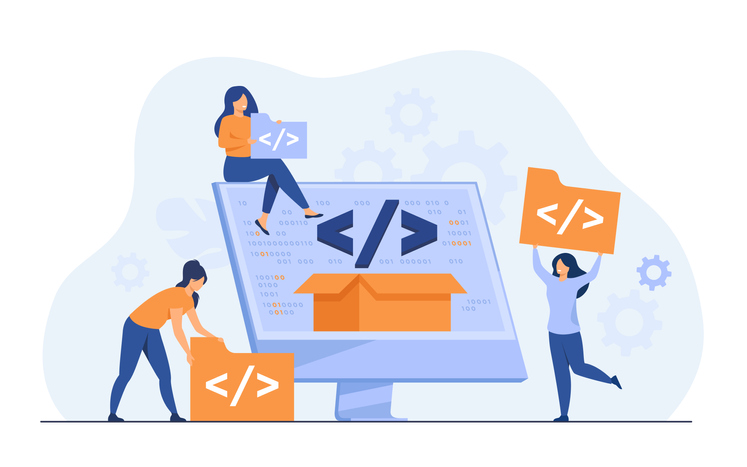Have you ever searched for something on the web and chosen a link based on the header alone? Have you been wracking your brain to figure out the best headings to get traffic to your site? Knowing how to write a good heading can determine the success of your on-page SEO blog. So, let’s talk about creating the ideal heading!
What is a Heading?
A heading is what is going to catch the attention of your reader. Headers should be used as a guide to help your readers navigate through your article. Your header should preview what the section will be discussing so the reader can scan the content and focus on the sections they want to dive deeper into. This is imperative to the success of your on-page SEO. Take your time to make sure your header is unique.
What are Header Tags?
-H1
-H2
-H3
-H4
-H5
-H6
H1 Headings

The H1 header is the main heading. It is used for keywords and giving a preview of what the overall post is about. This is the most important header, as it directly relates to the content below it. Therefore, the H1 heading should be the most searchable phrase in your blog.
H2 Headings
This subheading is used to break up the content within the section. The H2 header is the most used heading of all. While it is not your main heading, it should still be a searchable phrase.
H3 Headings
This subheading is a great way to break up long sections of your text. A general rule of thumb is not to have more than 300 words per header. This makes your content easier to read. For example, if you are talking about the best parks in Virginia, your H3 headers would be the names of those parks.
H4 – H6 Headings
While the H4-H6 settings are not commonly used, they are sometimes necessary if the content is very long and needs many subsections. It is imperative to break up your content so that it has excellent readability.
Why Are Header Tags Important?

If you think back to a newspaper, the headline is what popped out to you first, right? The same thing goes for your webpage. Research has shown that if you don’t have a reader’s attention within ten to twenty seconds, there is a good chance you have lost that reader and will not get a second chance to redeem yourself. Therefore, header tags are essential. They need to be relevant, captivating and help to explain what the content is about to draw the reader in.
How Does My Heading Improve My On-Page SEO?
Many factors determine your on-page SEO success. One of these factors is headings. Headings make it easier for search engines to gauge the relevance of your content. Search engines will look for your header and keywords to categorize the content for the users.
Using headings effectively and adequately will continue to boost your on-page SEO. It is essential to draw your reader in with accurate content. Your header can help to do this effectively and efficiently. When used correctly, your headings should tell a story of the content on your page!
